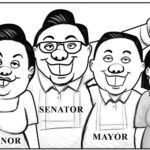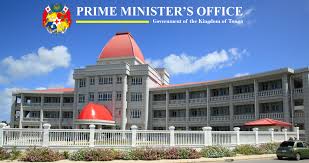Staff Writer
Palau’s Speaker of the House of Delegates has been mandated to settle outstanding taxes, along with associated penalties and interest, stemming from real estate transactions made in 2015. This situation, as reported by The Island Times, has garnered considerable public scrutiny and has sparked discussions regarding the transparency and accountability of Palau’s governmental leadership. The legal challenges faced by Sabino Anastacio are linked to a series of real estate dealings that took place from January 2015 to January 2016. Investigations revealed that he neglected to secure a valid business license, a requirement under Palauan law, while engaging in these property transactions.
Furthermore, he is accused of failing to report the income generated from these dealings, thus breaching the Unified Tax Act. In response to these infractions, the court has established a deferred prosecution agreement, stipulating that Anastacio must pay the overdue taxes and acquire a valid business license if he wishes to engage in any further real estate activities.
Should he adhere to the conditions outlined in this agreement and refrain from committing any additional legal violations, the charges against him may be dismissed by July 2025. This case not only highlights the individual accountability of public officials but also raises broader concerns about adherence to legal and ethical standards within Palau’s leadership.
Government transparency is crucial for fostering voter confidence in Palau, as it enables citizens to make informed decisions about their leadership and policies. When governmental actions, decisions, and financial dealings are open to public scrutiny, it builds trust between the government and the populace. This transparency ensures accountability, reducing the likelihood of corruption and mismanagement, which can erode public faith in democratic processes. In a small nation like Palau, where community ties are strong, transparent governance promotes civic engagement and encourages voters to participate actively in the democratic process, ultimately leading to a more vibrant and responsive political environment.















